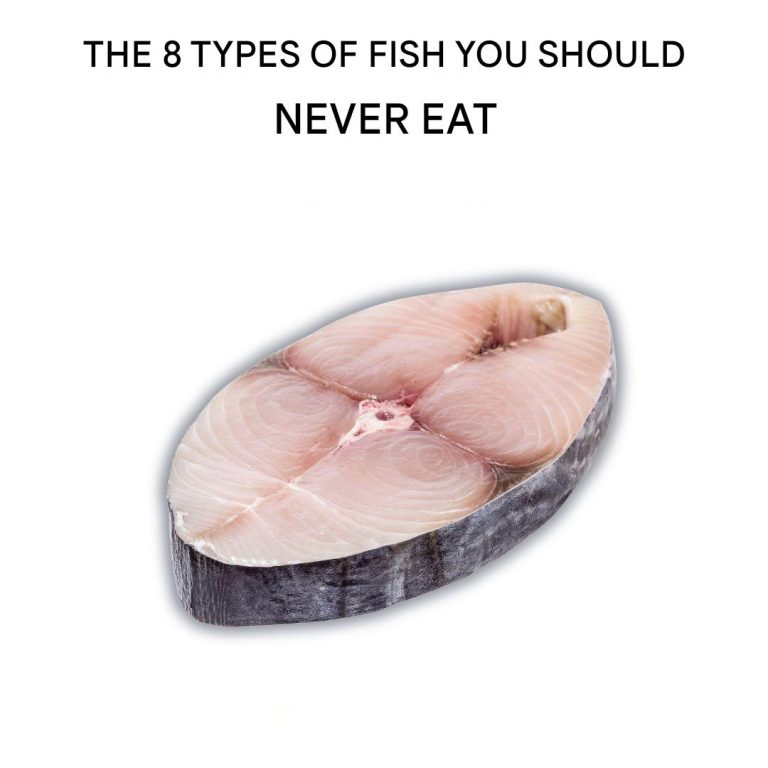Tilapia is often presented as a cheap and easy-to-cooked alternative. Yet, like pangasius, it is frequently bred in overcrowded environments with an unnatural diet, which can alter the nutritional quality of its flesh. It is also low in omega-3, the famous fatty acids that are beneficial to the heart. Moreover, its omega-6/omega-3 ratio is unbalanced, which could promote inflammation in the event of excessive consumption. To be avoided.
European echelon: between pollution and disappearance
The European eel is doubly threatened. On the one hand, its population has fallen alarmingly in recent decades. On the other hand, its flesh accumulates pollutants such as PCBs and heavy metals, making it potentially harmful to consumption.
King mackerel: too much mercury
Less consumed in France than the common mackerel, the king mackerel sometimes remains present on stalls or in imported products. This carnivorous fish accumulates very high levels of mercury, which is particularly dangerous for the nervous system, especially in pregnant women and children. It is better to prefer Atlantic mackerel or Spanish mackerel, smaller and less contaminated.
Livestock salmon: controversial practices
